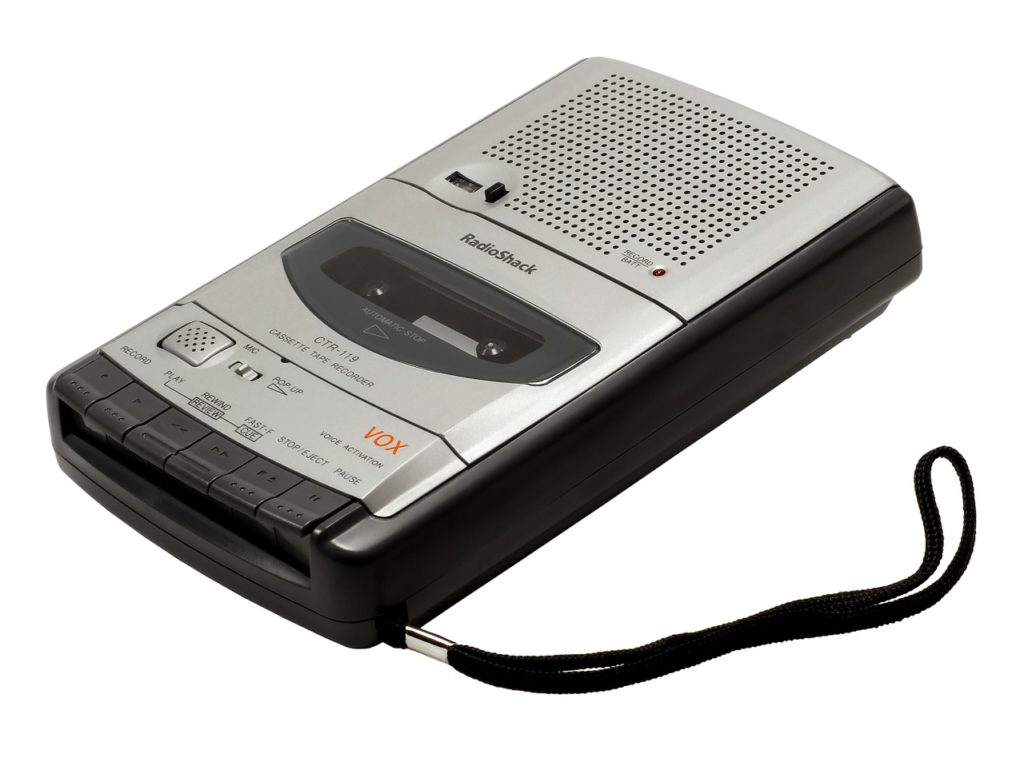
What You Need to Know About Event Management for Music Concerts
Event Management for Music Concerts 101
With COVID-19 still top of mind, we may not be able to go to live music concerts anytime soon, but you know as soon as venues are given the green light, people will be coming in droves. We always knew people love live music. Nothing can replace the feeling, the sound, the energy of a live show and there are studies that prove it has a positive effect on people. It’s electrifying and people miss it.
Event management for music concerts doesn’t have to stop. In fact, now is the time to get your processes and systems in place so that when your local authorities tell you the shows can go on, you’re ready, working even more efficiently and lean than before. Let’s look at what you need to know about event management and what tools you need in your arsenal to make the planning, booking and marketing process much easier on you and your wallet.
Related: White Oak Music Hall Uses COVID Shut-Down as Opportunity to Improve Operations and Efficiency
The Steps
You may be new to the event management arena or perhaps this has been your gig for decades. Either way, making sure you have a solid, standard process to follow will set you up for being more productive while minimizing overspend.
Step 1: Budgeting
Before you can do anything, you have to know what you have in the bank to spend. Budgeting should never be a guessing game. Every decision you make must be based on accurate financial data.
Freshbooks offers these steps to creating a small business budget:
- Tally your income sources. This is determining exactly how much money you’re bringing in each month and where that money comes from. Is it sustainable and predictable or is it cyclical or random? Look at your sales figures and add any other sources of income that you may have, like merch sales, rental space, etc.
- Determine fixed costs. What bills do you have to pay every month? Payroll, rent, phone bills, etc. These operating costs will be exactly the same month to month.
- Include variable expenses. These are your bills that may fluctuate, such as utilities, shipping costs, maintenance costs, etc. Take an average of these expenses every month to shed light on what you’re actually spending. You may be surprised at how many variable costs you can reduce or eliminate. By looking at trends, you can predict how much you need to set aside in your budget.
- Predict one-time spends. These are costs that you incur infrequently but need to account for because they can be significant, such as new technology purchases, an upgrade in your sound equipment, etc.
- Pull it together. Now that you have calculated all of your revenue and expenses to see your profitability, you can see how much extra you have for other projects. If you find yourself breaking even or even in the red, you know you either need to find areas to scale back your spending or ways to add additional revenue streams. You can also consider applying for a line of credit if you are certain you will be able to pay it down. Keep in mind that these payments will add another fixed cost to your finances.
Now that you know what you have left over to spend, you need to create a specific budget for event management for music concerts. Look at your historical data to see what previous music concerts have cost you in the past. If you’ve never planned one before, start looking at all of the costs that go into putting on a concert. You’ll want to look at venue costs, talent buying, logistics, marketing, merchandise, staff, etc. Consider getting partners and sponsors to share in the costs.
Step 2: Buying and Booking Talent
When it comes to booking talent, you have to understand your audience first. What do they want to see so you can attract them with the artists and bands they already love or ones in that same genre you can introduce them to? Hubspot offers “7 Proven Ways to Know Your Audience Better” if you want some pointers.
Supporting new artists is always great and bringing your audience a variety of options will build your base and expose you to new audiences. Make sure you know your budget and stick with it. Costs can quickly get out of control if you book talent you can’t afford, particularly if you aren’t certain if you can sell out the concert.
Be sure you work with agents to understand exactly what the artist or band expects, if their schedule works with your calendar (make sure dates don’t conflict with popular nearby events), if they’re open to playing with multiple artists, their costs, and any contractual obligations you have to consider. Place holds on the date(s) and confirm as soon as possible so you can fill your calendar with confidence.
Step 3: Choosing Venue
Whether you have your own venue, are looking to partner with another venue or want to host a concert somewhere else, now is the time to get it nailed down. Again, you should have it in your budget exactly what you can afford as far as the venue goes. If you aren’t using your own venue, make sure you have it in writing every cost you will or could incur with the venue.
Step 4: Marketing and Promoting
Once you have your artist and your venue, it’s time to scream it from the rooftops. Make sure you have a specific marketing budget and stick with it. This is where event management for music concerts can go awry in a bad way. Marketing overspend is common and is often where budgets are blown. Figure out where you want to spend your allocated money and where you can scale back and always leverage free advertising. Social media, email campaigns and key partnerships may help you in this area. Check out the etix “Marketing the Event Life Cycle” blog to learn how to get the most bang for your buck.
H3: Related: Video Marketing with Purpose: Creating Unique and Fun Videos for Your Venue or Show’s Social Pages
Step 5: Ticketing
With your financials in clear view, you must figure out how many tickets you need to sell at what price to make the profit you want. Consider establishing ticketing tiers to maximize revenue, such as offering a base ticket price, base + X for reserved seating, base + X for front row seating, and base + X for backstage meet and greets. Work with your ticketing partner and make sure your website and social media visitors can purchase tickets directly from those sites. By integrating with your ticketing vendor, you can make sure you don’t lose an interested party by forcing them to leave your site to purchase tickets.
Step 6: Preparing Venue
If you own or manage your own venue, you’ll obviously have most things in place already for your concert. Make sure you’ve read everything in your artists’ contracts to see if there’s anything additional you need to purchase, rent or borrow. If you’re partnering with another venue, confirm line-by-line that they have what’s required. If you’re hosting an outdoor event or a concert at a non-traditional venue, you may decide to rent equipment if you don’t want to or can’t pack up and move your own. Be sure you have a backstage and merch purchasing area, an up-to-date liquor license, appropriate parking and security, bathroom facilities, catering if needed, and a full staff to prepare and work the concert.
Step 7: Following Up
Once your concert is over, there’s more event management for music concerts you should consider. Post pics of the event on all of your social sites and invite guests to do the same. Send guests thank you emails and invite them to stay connected with your venue by signing up for emails and blogs, follow you on social media, and recommend your venue on social apps. You can even send them surveys to find out who they’d like to see at your venue in the future. This will not only generate ideas, but it will also help them feel valued and part of helping you grow your business. Any way you can leverage their attendance to build loyalty and fans is time well spent.
The Software
Each of these steps is required for event management for music concerts, but you need to leverage a consolidated music management software solution to keep all of the moving parts in one place, accessible and visible from wherever you and your team works. That means a mobile, cloud-based software product that allows you to see your financials and build an accurate budget, book your talent and venue, understand your marketing and promotion budget so you don’t overspend, and integrate with your ticketing platform for real-time financial updates.
The more you streamline your processes and technology, the less time you’ll spend on administrative tasks. Spend that time building your business and creating awesome music concerts instead.

Matt Ford is the founder and CEO of Prism.fm, an Austin-based software company revolutionizing live music event management. With a background in entrepreneurship and a degree from the University of Wisconsin-Madison School of Business, Ford combined his self-taught coding skills with firsthand experience as a concert promoter to address the inefficiencies he observed in the industry. In 2018, he launched Prism.fm, an all-in-one platform designed to streamline operations for venues, promoters, and agencies by replacing cumbersome spreadsheets with integrated tools for booking, financial tracking, and contract management. Under his leadership, Prism.fm has grown significantly, achieving $3 million in annual recurring revenue post-COVID and securing over $15 million in funding . Ford’s commitment to building user-centric solutions has positioned Prism.fm as a trusted partner for over 1,500 venues and promoters worldwide.



